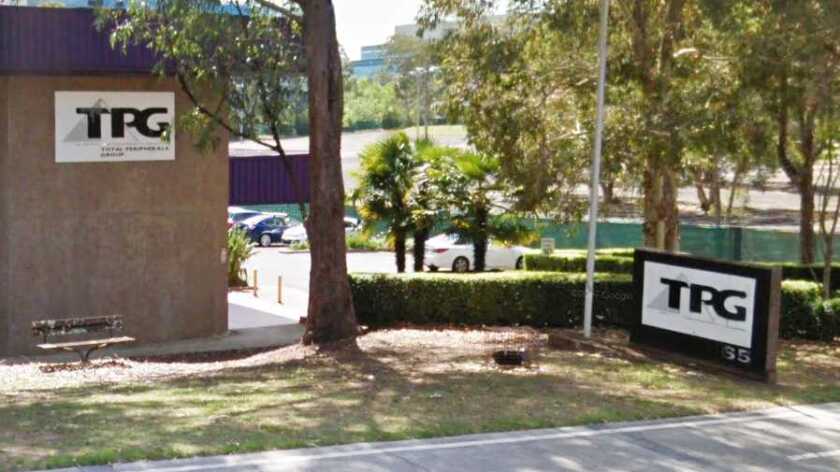However, TPG is also negotiating a merger with Vodafone Hutchison Australia (VHA), and observers have suggested the deal might be easier to get through Australian competition authorities if it didn’t have its own mobile network in operation.
David Teoh, executive chairman of TPG, said: “It is extremely disappointing that the clear strategy the company had, to become a mobile network operator at the forefront of 5G, has been undone by factors outside of TPG’s control.”
Last year the Australian government banned local operators from using Huawei equipment in future 5G networks. TPG wanted to be able to upgrade its planned 4G network to 5G when the time is right.
The company told the Australian stock exchange that, “due to factors outside TPG control, it has decided to cease the rollout of its mobile network in Australia”.
The company had been planning a small-cell network using Huawei equipment. “There was a simple upgrade path to 5G, using Huawei equipment,” said TPG.
TPG continued to install network for which equipment had already been ordered, but has stopped at the point at which new orders were needed. “It does not make commercial sense to invest further shareholder funds.”
TPG has already spent $A100 million and has committed a further $A30 million, enough to equip 1,500 cell sites, of which “just over 900” are fully or partially completed. Reports suggest that it originally planned up to 2,500 cell sites.
The Sydney Morning Herald reported: “TPG was already struggling with the rollout, which has been slowed by local council and residents’ resistance to the proliferation of small cells that its network strategy entails.”
Teoh said: “Over the past two years a huge amount of time and resource has been invested in creating a new strategy that would have positioned TPG very favourably to exploit the opportunities that the advent of 5G will present.”
There are three mobile operators in the Australian market, Telstra, Singtel’s Optus and VHA, which is itself a merger between Vodafone and CK Hutchison’s Three.
Back in August 2018 Australian telecoms analyst Paul Budde suggested TPG would drop plans for its new Australian network if the merger went ahead. “While I would have loved to see TPG entering the mobile market to bring some good competition to it, in the end business sense has prevailed and Vodafone and TPG have decided to look at merging both companies,” he said then.
In May 2018 TPG said it planned to launch in the third and fourth quarter of 2018 with a Reliance Jio-like offer of “absolutely free” data for customers for the first six months. Long-term TPG planned to cap data at 1GB a day, after which speeds would slow to 1Mbps for the rest of that day.
Teoh said the company “remains committed” to the planned merger with VHA, but “must continue to make independent decisions in the best interests of TPG shareholders”, until the merger process is complete.
Observers pointed out that, now it has dropped plans to build an active mobile network in Australia, TPG may have a stronger chance of getting the merger with VHA approved by regulators.










